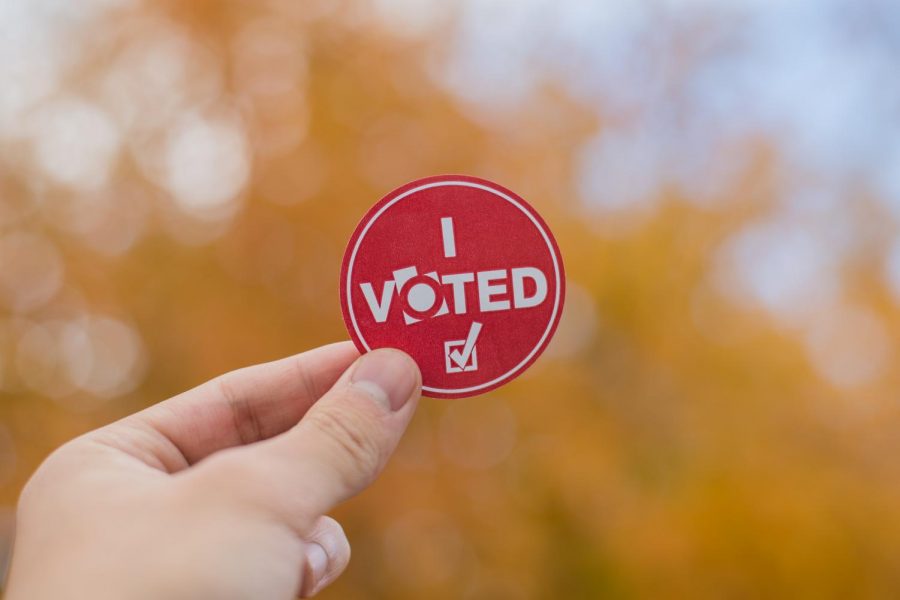U Administration Encourages Professors to Not Hold Class on Election Day
October 17, 2020
Although voter turnout among college-age students surged in the 2016 election, one survey of 12,000 persistent nonvoters found that the 18-24-year-old demographic is less interested in voting in 2020 — but ASUU, along with the University of Utah’s administration, hopes to change that fact.
On Monday, Sept. 28, a majority of the Academic Senate voted to pass two resolutions, the first being to make Election Day, Nov. 3, an asynchronous day of instruction with no assignments due on the 3rd or 4th.
The second resolution encourages the U administration to classify Nov. 3 as a non-instructional day.
These resolutions were the product of conversations between Academic Senate members and various students and faculty about how to increase voter turnout at the U.
“After talking to a faculty member in the School of Medicine, we thought it might be an intriguing idea to see if we could get instruction on campus canceled the day of the election to give people more freedom to engage actively,” said Kaitlin McLean, a member of Academic Senate, the author of the resolutions and a second-year medical student.
In addition to voting, McLean said that because of COVID-19, there may be an increased need for young poll workers.
“The need for young, healthy poll workers is probably going to be higher, especially in more rural parts of the state, so the benefit to having less in-person or synchronous instruction on that day could really increase voter turnout and voter support in the state,” McLean said.
On Wednesday, Sept. 29, the resolution was discussed at the cabinet meeting with President Watkins.
“The one thing that we did not do was cancel classes. But everything else about encouraging faculty to be flexible, supporting students who wanted to participate, delay homework if possible, and recognize that this is an important election,” said senior vice president of academic affairs, Dan Reed.
Due to the changes professors have already had to make to their classes to follow CDC and U guidelines, Reed said he is not going to require professors to change anything about their classes on Nov. 3.
“Both for students and faculty, there have been so many ups and downs in this semester, twists and turns with COVID, that we were trying to balance strong encouragement with the fact that for some classes that are experiential that might meet only once a week that that was a loss of an entire week of potential student experience,” Reed said.
Reed sent an email to all deans at the U expressing his encouragement for both resolutions.
“In support of the Academic Senate resolution passed on September 28, the university’s administration encourages faculty, instructors, coaches and supervisors to be flexible and supportive of students who want to engage in political activities on election day,” the email read.
The email also encouraged professors to not assign due dates or tests/quizzes on election day or the following day.
“Democracy is one of those things that every generation we have to renew it because it really is about people, not just words on paper, and that is how I felt about the resolution and election as well. It is important that all of us, faculty and staff alike, be part of democracy in action,” Reed said.
McLean said that while she is grateful for the administration’s support, she is disappointed that the outcome was general encouragement to deans rather than a university-wide requirement to make Nov. 3 a non-instructional day.
“Students were pleased that the administration is supportive and encouraging engagement in the civic process. It’s not the outcome that we were hoping for, but we see it as a win, as opposed to having done nothing,” McLean said.
In supporting these resolutions, Reed hopes students and faculty will take advantage of not only the vice presidential debate but also the political environment surrounding the entire election.
“Vote and go out and engage in the political process. Whatever one’s political persuasion, democracy depends on the participation of the people, it’s not something that happens without us, it is us,” Reed said.








